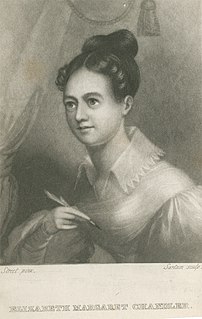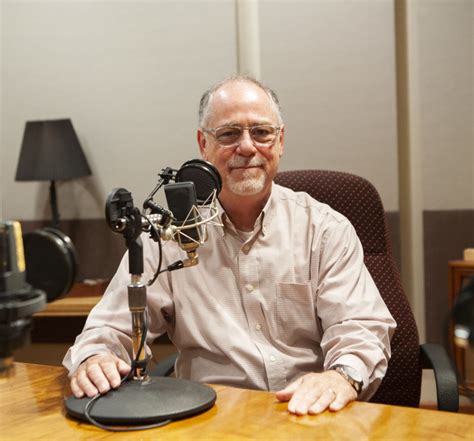A Quote by Derek Walcott
My mother, who is nearly ninety now, still talks continually about my father. All my life, I've been aware of her grief about his absence and her strong pride in his conduct.
Related Quotes
I always think about Katharine Graham - she was the publisher of The Washington Post. In her autobiography she talks about the way her parents met. Her father was, I think, in New York just walking by on his way home and looked into a store and saw the lady that became his wife. It was just pure luck. And she said that it once again reminds her of the role that luck and chance play in our life. I really believe that, too.
His love for my mother wasn't about looking back and loving something that would never change. It was about loving my mother for everything -- for her brokenness and her fleeing, for her being there right then in that moment before the sun rose and the hospital staff came in. It was about touching that hair with the side of his fingertip, and knowing yet plumbing fearlessly the depths of her ocean eyes.
When I talk about unrequited love, most of you probably think about romantic love, but there are many other kinds of love that are not adequately returned, if they are returned at all. An angry adolescent may not love her mother back as her mother loves her; an abusive father doesn't return the innocent open love of his young child. But grief is the ultimate unrequieted love. However hard and however long we love someone who has died, they can never love us back. At least that is how it feels.
I mean, her father was an alcoholic, and her mother was the suffering wife of a man who she could never predict what he would do, where he would be, who he would be. And it's sort of interesting because Eleanor Roosevelt never writes about her mother's agony. She only writes about her father's agony. But her whole life is dedicated to making it better for people in the kind of need and pain and anguish that her mother was in.
Her [Eleanor Roosevelt] father was the love of her life. Her father always made her feel wanted, made her feel loved, where her mother made her feel, you know, unloved, judged harshly, never up to par. And she was her father's favorite, and her mother's unfavorite. So her father was the man that she went to for comfort in her imaginings.
In his writings, Patton was shameless about his ambition to woo Lena to be his bride. He detailed the gradual progress he made, playing music for her on his violin, writing her poems, beguiling her with stories, engaging her in conversation. It was clear that he obsessed over her. He knew what he wanted and never relented until she was his.
Everything that belonged to her husband made her weep again: his tasseled slippers, his pajamas under the pillow, the space of his absence in the dressing table mirror, his own odor on her skin. A vague thought made her shudder: "The people one loves should take all their things with them when they die.
Her hair was a damp mass of curls at the back of her neck, and Will looked away from her before he could remember what it felt like to put his hands through that hair and feel the strands wind about his fingers. It was easier at the Institute, with Jem and the others to distract him, to remember that Tessa was not his to recall that way. Here, feeling as if he were facing the world with her by his side--feeling that she was here for him instead of, quite sensibly, for the health of her own fiance--it was nearly impossible.
"You guessed? You must have been pretty sure, considering you could have killed me." "I was ninety percent sure." "I see," Clary said. There must have been something in her voice, because he turned to look at her. Her hand cracked across his face, a slap that rocked him back on his heels. He put his hands on his cheek, more in surprise than pain. "What the hell was that for?" "The other ten percent."
A father may turn his back on his child, brothers and sisters may become inveterate enemies, husbands may desert their wives, wives their husbands. But a mother's love endures through all; in good repute, in bad repute, in the face of the world's condemnation, a mother still loves on, and still hopes that her child may turn from his evil ways, and repent; still she remembers the infant smiles that once filled her bosom with rapture, the merry laugh, the joyful shout of his childhood, the opening promise of his youth; and she can never be brought to think him all unworthy.
One thing I did have under my belt was, my mother lost her mother when she was 11. She mourned her mother her whole life and made my grandmother seem present even though I never met her. I couldn't imagine how my mom could go on but she did, she took care of us, she worked two jobs and had four children. She was such a good example of how to conduct oneself in a time of grief. When I lost my husband, I tried to model myself as much as I could on her.
He wanted her. He knew where to find her. He waited. It amused him to wait, because he knew that the waiting was unbearable to her. He knew that his absence bound her to him in a manner more complete and humiliating than his presence could enforce. He was giving her time to attempt an escape, in order to let her know her own helplessness when he chose to see her again.





































